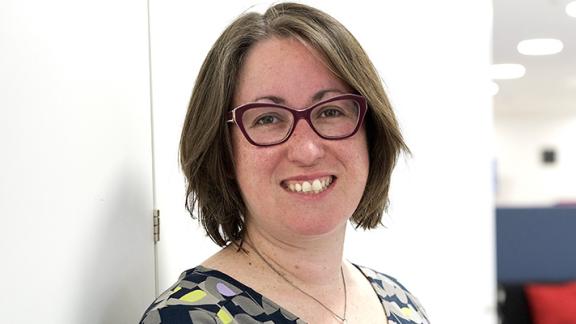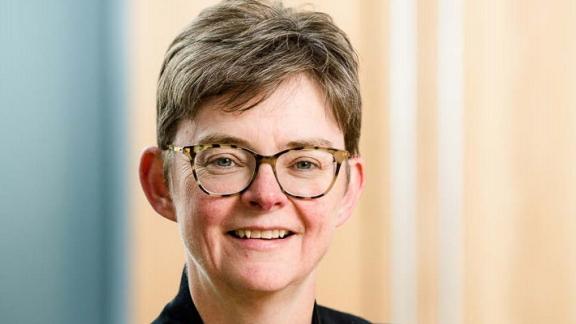NHS Reset: A whole-system response to supporting social care

NHS Reset is a new NHS Confederation campaign to contribute to the public debate on what the health and care system should look like in the aftermath of the COVID-19 pandemic.
In this blog, part of a series of comment pieces from NHS Confederation members and partners, Iain MacBeath, director of adult social services for Hertfordshire and Paul Burstow, independent chair of Hertfordshire and West Essex Integrated Care System, reflect on how working together has supported social care in Hertfordshire and how they are emerging from the pandemic.
Facing into the pandemic
When COVID-19 hit, one of the first things we did as a system was to work together on bed capacity. We didn’t want to take a step backwards from the work we’d already done, so we agreed locally that we would put in additional social care staffing to ensure that integrated hospital discharge would continue to take account of wider considerations, such as proximity to family members.
We recognised that a lot of people hadn’t gone to hospital with COVID-19, were scared of transmission and were anxious to be discharged home. We made an assumption that anyone being discharged had COVID-19 and people were nursed in their rooms with full personal protective equipment (PPE). If we were short of any PPE, our NHS partners supported us to provide PPE to care homes. The strength of the relationships in our system allowed local choices to be made in a way that supported patients and the system.
We also did a piece of work locally modelling the bed base required to respond to COVID-19 to enable us to better prepare and gain greater insight on what might happen on COVID-19 wards. As a result, the council opened two closed care homes within seven weeks and repurposed them as COVID-19 hot sites. That enabled local hospitals to discharge patients who were unable to return home – potentially due to family members shielding, or unable to return to their care home. The homes were a joint venture, with the NHS funding the beds and loaning the equipment. We are now planning to keep the homes open for 12 months and have been able to provide care to people in a safe environment. Thankfully, we have had no deaths in either of those homes.
Emerging from COVID-19
While we are still concerned about a second wave, we are starting to see numbers decrease, with fewer infected patients in hospital and fewer outbreaks in care homes. In the past two weeks we have only had one care home outbreak and it was quickly managed by a whole-system response.
There is an opportunity to maintain some of the positive changes we have made for social care because of COVID-19. Prior to the pandemic, there were different models of primary care in care homes. With COVID-19, we shifted to a single GP per care home and we plan to continue this and develop stronger relationships between primary care and care homes.
Our response hasn’t been limited to care homes: we’ve also enhanced the care to people within their own homes. We implemented COVID-19 specific homecare rounds, limiting the number of professionals visiting people’s homes. Across health and care, we have agreed that care workers and district nurses can, where possible, carry out some of each other’s responsibilities.
There are challenges to this model though. In a system where we charge for social care, if a social care worker carries out some of the duties of health worker, should they pay for this? In Hertfordshire, healthcare assistants and care workers are paid similar amounts, but this varies across the country and providing equity in pay for these roles would enable greater flexibility and integrated working across health and care.
Our system response hasn’t been limited to the NHS and local authority. All our system partners have played their part. The voluntary and community sector has supported the health and social care response and the way we have worked together has provided an excellent basis for closer working in the future.
Beyond the relationships, the big difference for us has been funding. Our NHS partners recognised the value of investing in social care and have used some of the grant they received to fund the beds we are providing – that makes a big difference for social care as we know we will get back the money we are investing to keep people safe. We cannot underestimate the impact the additional funding has had and the friction that will be introduced back into the system if the funding is withdrawn. As a system, the imperative is to do the best thing for the individual in our care, regardless of whether that care is funded by health or social care.
Paul Burstow is independent chair of Hertfordshire and West Essex Integrated Care System. Follow him on Twitter @PaulBurstow. Iain MacBeath is director of adult social services for Hertfordshire. Follow him on Twitter @IainMacBeath



